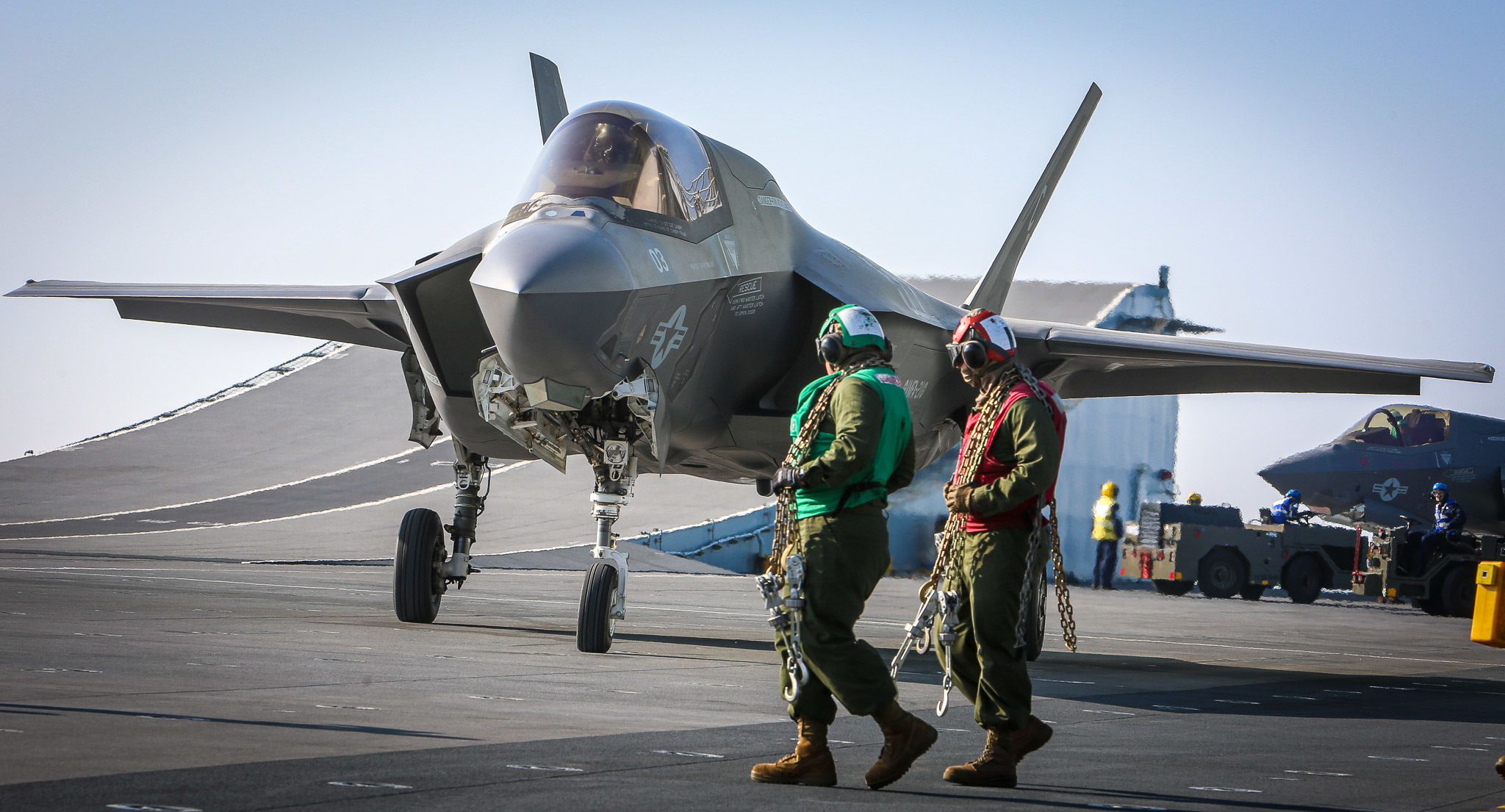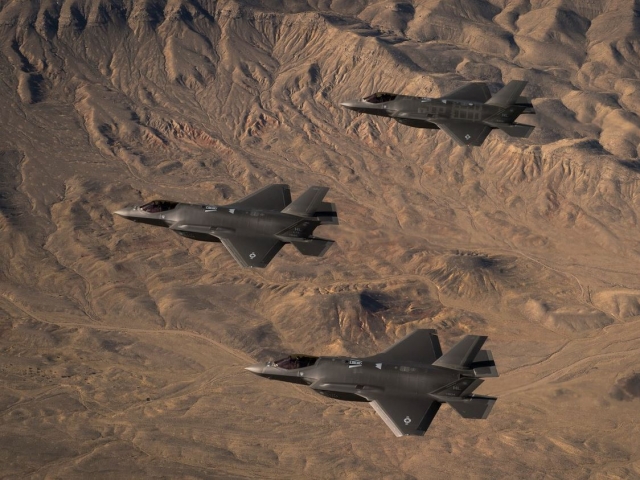1. According to multiple
local media reports quoting officials, South Korean military authorities plan to acquire an additional 40 F-35 Lightning II fighter jets, among which 20 F-35B will be acquired by the Republic of Korea Navy (ROK Navy).
2. The transfer of F-35B data and technology is seen as essential for designing the future 30,000-tons
LPX-II vessel, which should be operational by 2033.
3.
Prabowo’s declared interest in an advanced American fighter (aka F-35 interest) with regard to his US trip does not tell the whole story. “On Jakarta’s wish-list is a ‘roadmap’ to procuring the F-35 fighter jet, an Indonesian government official told Reuters, speaking on condition of anonymity, adding officials were not optimistic.” In the US, Prabowo is scheduled to meet his US counterpart Mark Esper. It’s not just a matter of lobbying the Americans or others in the region.
4. A real road map for a F-35 purchase by Indonesia will take a fundamental rethink of the TNI posture and equipping (plus a move away from Russian and Chinese equipment), and this commitment must last beyond the Jokowi administration that is in its second term. The problem with news reports that are half right — is they lack the context of actual military-to-military cooperation requirements for interoperability by advanced tertiary air forces. The TNI AU is not even on track to be a tertiary air force; what is the point of talking about a F-35 purchase without the basics.
5. Indonesia will not be willing to do what is needed to get access to the F-35 program and it is not in Indonesian interests to be aligned that the level that Australia and Singapore are at, in relation to the US; where their troops were deployed to Iraq and Afghanistan in support of American operations and the level of basing support for American troops and naval port visits.
6. Why is there no joy in Indonesia to do something big, to have a road map towards a F-35 acquisition despite loose talk? The post below, explains.
7. While I don’t buy into the logic of Asian Power Index, it is a useful snapshot of the various dimensions of power. In particular, I don’t give too much credence to the high scores allocated to Singapore, where it is trending down in defence networks (−1.4), military capability (−0.8), economic relationships (−0.5) and economic capability (−0.3). In this measure of power, even just within ASEAN rankings, I think Indonesia is under-rated in its scores, while Singapore is over-rated and is ranked at:
(i) 8 of 26 for comprehensive power, with an overall score of 27.4 out of 100; and
(ii) 5 of 26 for defence networks, with a score of 39.2 out of 100; and
(iii) 10 of 26 for military capability, with a score of 24.4 out of 100.




